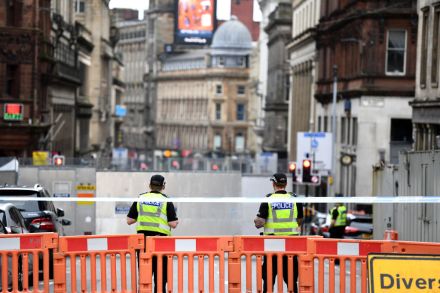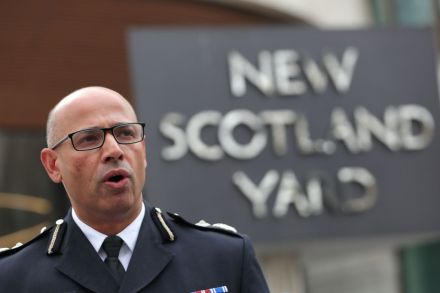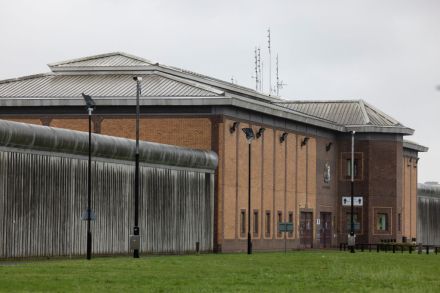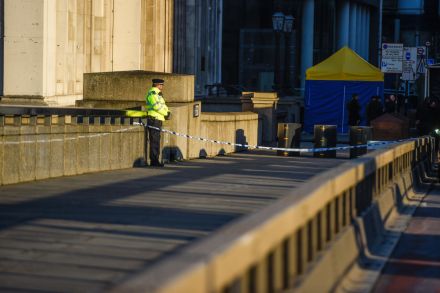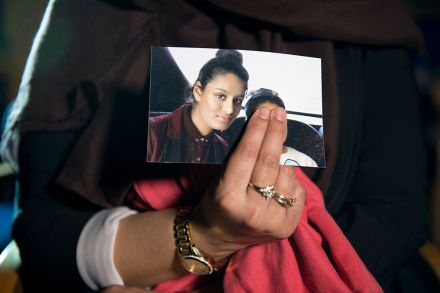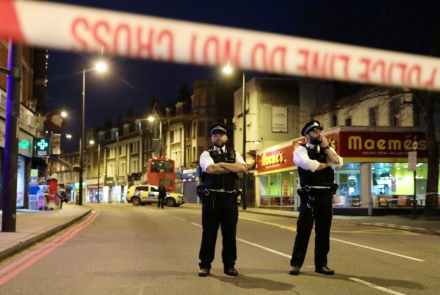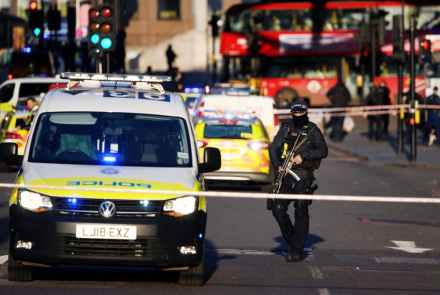The case for a domestic abuse register
In the 12 months since the first lockdown, at least 112 women in the UK have been killed by men. Killers such as Anthony Williams are often treated sympathetically by the courts because the men claim to have been adversely affected by the pandemic, meaning that judges and jurors go soft on them in the same way they take it easy on men who say they only killed their partners because she nagged or cheated. Many of these men who commit fatal acts of violence have put women through hell for years, if not decades, before killing. But as the survivors of domestic abuse know, a woman unlucky enough to





